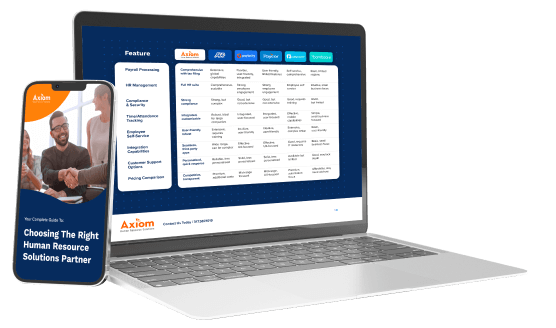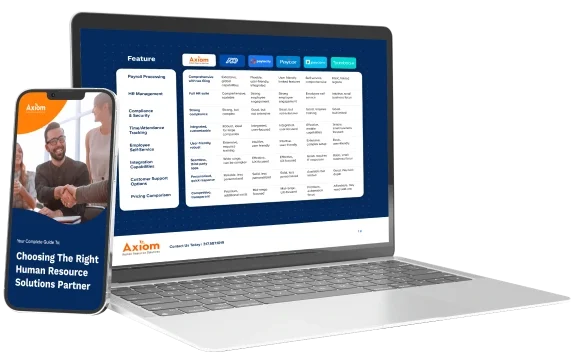
Employee engagement is a commonly discussed topic in HR and other people management roles. However, organizations often prioritize ensuring engagement rather than actively enhancing it. To effectively drive engagement, it is essential to cultivate a culture of continuous improvement. Engaged employees exhibit higher levels of productivity, motivation, and dedication to their work, leading to improved business outcomes.
Among the various factors that contribute to employee engagement, three hold particular significance: onboarding, flexibility and autonomy, and communication. These fundamental aspects of the employee experience have the potential to either strengthen or weaken the relationship between employees and employers. They serve as crucial determinants of success.
Three fundamental components for enhancing employee engagement:
Comprehensive Onboarding: A robust onboarding process forms the bedrock for a positive employee experience from the outset. It begins even before an employee’s first day, with preboarding activities that shape their perception of the organization. Emphasizing employer branding is crucial during this stage as prospective employees often seek information online. A well-executed onboarding strategy imparts a clear understanding of the organization’s values, culture, and objectives while fostering relationships with colleagues and managers. It also ensures employees have a solid grasp of their roles and responsibilities, boosting their confidence and sense of empowerment, leading to higher levels of engagement.
Flexibility and Autonomy: Fostering employee engagement entails providing workplace flexibility and autonomy. Workplace flexibility allows employees to achieve a healthy work-life balance, reducing stress and enhancing job satisfaction. In contrast, autonomy empowers employees to work independently, make decisions, and take ownership of their tasks. By granting employees the freedom to work in ways that suit their needs—such as offering remote work options or flexible schedules—they feel more engaged and invested in their work. Moreover, granting autonomy instills a sense of control and responsibility, ultimately promoting motivation and engagement.
Effective Communication: Promoting open and transparent communication is fundamental to fostering successful employee engagement. By establishing clear communication channels, organizations build trust, ensure clarity in expectations, and facilitate the exchange of ideas and feedback. It is crucial for leaders, managers, and employees to engage in regular communication to create a supportive environment where employees feel valued and their voices are heard. Effective communication practices should encompass not only top-down communication but also encourage bottom-up and peer-to-peer interactions. By doing so, organizations empower employees to freely share their thoughts, ideas, and concerns, which in turn fosters collaboration and drives innovation.
By incorporating these essential components into their strategies for engaging employees, organizations can foster a workforce that is motivated, dedicated, and fully invested, resulting in improved productivity, satisfaction, and overall success.
Boosting Business Outcomes through Employee Engagement
The achievement of exceptional business results is closely linked to the level of engagement demonstrated by employees. To cultivate a culture of continual improvement, it is imperative for organizations to consistently evaluate and address the challenges that impede progress. Crucial factors that significantly contribute to employee engagement encompass effective onboarding processes, the provision of flexibility and autonomy, and the establishment of transparent lines of communication. Through the establishment of a strong foundation, characterized by thorough onboarding procedures, the fulfillment of flexible work expectations, and the maintenance of effective communication during both challenging and stable periods, companies can create a work environment that not only supports but also augments employee engagement. This, in turn, yields heightened productivity, enhanced motivation, and increased commitment among employees, ultimately driving superior business outcomes.
The Axiom Human Resources Management Solution helps you modernize and customize workflows and automate administrative processes to more efficiently manage the Human Resources management process. Contact us today and we will provide a scalable and reliable workforce and human capital management solution to help you move your company forward while putting your greatest assets — your people — first.


